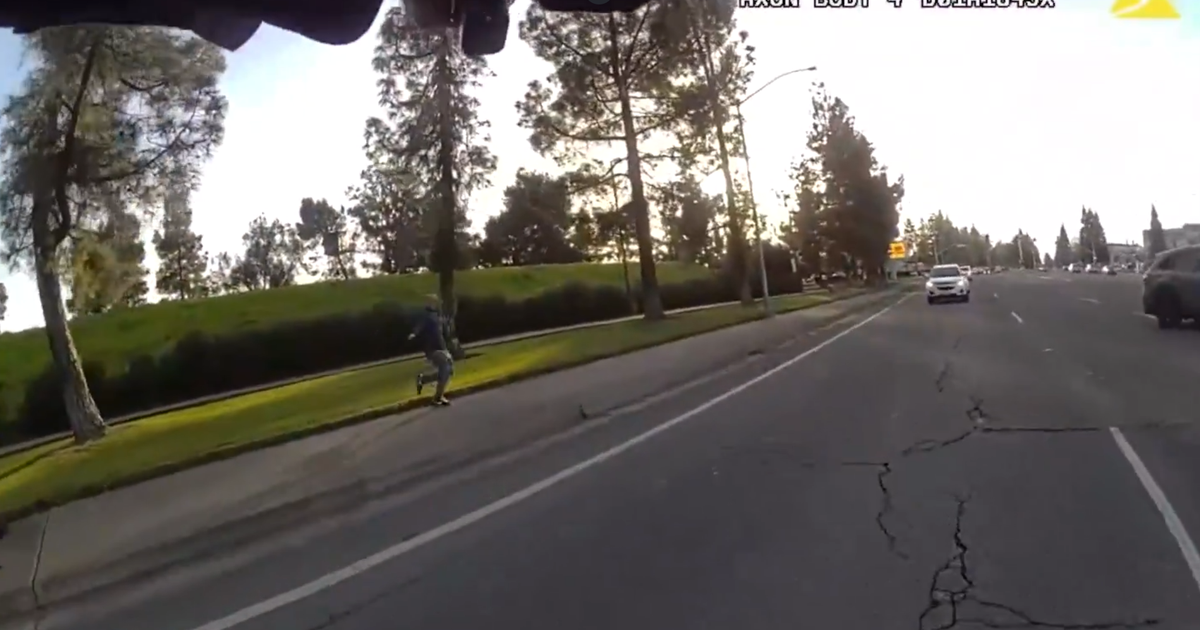New Virus Has Deadly Potential For Dogs
SACRAMENTO (CBS13) - Dog owners beware. A new virus with deadly potential is attacking man's best friend in California, and there is no vaccine.
So far, cases of the illness -- known as circovirus -- have been limited to only California, Michigan and Ohio, reports Atlanta CBS affiliate WWBT. If it goes untreated, the virus has the potential of killing an infected animal within days. High rates of infection have been observed in other animals, and scientists are still not entirely certain how it's transmitted.
"They're suspecting the dogs can bleed into their cavities, their chest into their abdomen, and those are some of the more serious ones that would bleed to their deaths," VCA Total Care Animal Hospital Medical Director Dr. Olivia Pan told WWBT.
In years past, circovirus has predominantly infected pigs, and only recently made the jump to dogs. WWBT reports the virus can destroy a hog farm within a week. Some pet birds are also susceptible to infection, especially parrots, parakeets and cockatoos.
Circovirus may be present as a primary or co-infection with other intestinal pathogens, according to the American Veterinary Medical Association (AVMA). Along with the virus' rapid death rate, this makes diagnosis difficult.
"There's no way of us knowing it's the circovirus or not until you do all of these tests, and by then - you don't get the results back for weeks," said Dr. Pan.
The cause of infection is still unknown, but -- like any virus -- direct contact is believed to present a higher risk of infection, according to the AVMA. The association warns that any area with large amounts of dogs creates a higher risk of infection. This is especially concerning to boarding daycare facilities and kennels.
"We do have a fear that all of these dogs are going to get sick at the same time," said Dr. Pan.
The Sacramento SPCA has not had any reported cases of circovirus. The organization says since the virus is so new veterinarians are still trying to define it.
"We don't know much about it yet," said California Veterinary Medical Association President Dr. Ronald Kelpe.
Unlike the parvovirus outbreak in 1979, Kelpe says this is not a widespread epidemic at this time and it will take time to determine the risk level of the new virus.
"Until we see larger numbers (of infection), it may take a little longer to know the extent of (circovirus)," said Kelpe.
The virus has also been found in healthy dogs and veterinarians are unsure why it hasn't caused any problems. Kelpe says it still needs to be determined if circovirus is a mutation or if it has been around for years and only now causing issues.
Circovirus was first reported in June 2012 as part of a genetic screening of canine samples for new viruses by the Centers for Disease Control and Prevention.
Infected dogs have been documented to suffer from progressive vomiting and diarrhea.
If your dog is not eating and experiencing these symptoms, Kelpe advises to take your pet in for an evaluation.
Related Stories







